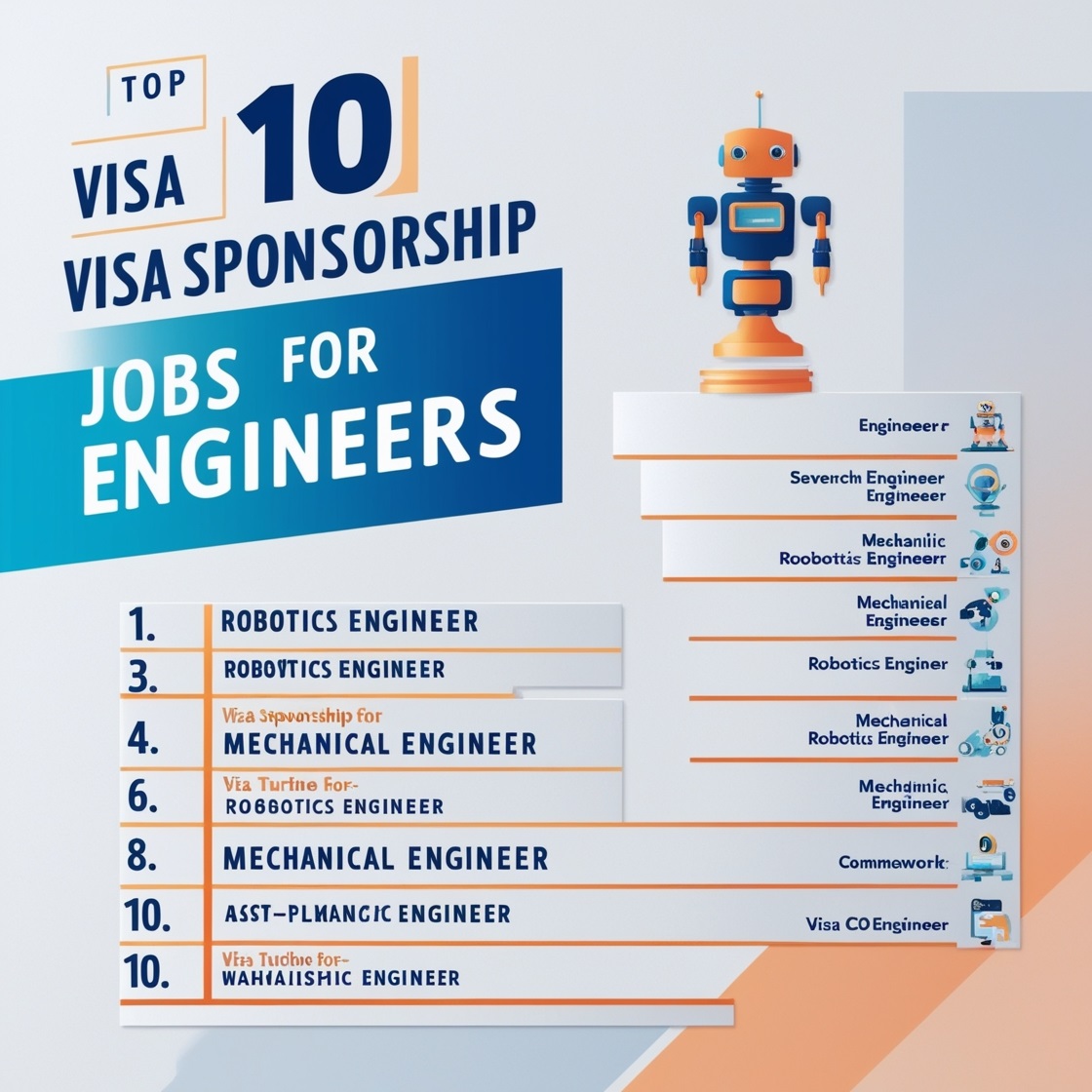The Importance of Tailoring Your CV and Cover Letter
In the highly competitive landscape of job hunting, one of the most critical yet frequently overlooked mistakes candidates make is submitting generic CVs and cover letters. Personalization of these essential documents is not merely an option but a necessity in order to stand out among countless applicants. Tailoring your CV means carefully aligning your professional experiences, skills, and accomplishments with the specific requirements outlined in the job description. Doing so can not only enhance your visibility but also significantly boost your chances of securing an interview.
When preparing your CV and cover letter, it is vital to emphasize relevant work experience that directly correlates with the position for which you are applying. This means that merely listing duties and responsibilities may not suffice; instead, candidates should strive to provide concrete examples that showcase quantifiable achievements and demonstrate how their previous roles have prepared them for the job at hand. By illustrating your accomplishments, you effectively communicate your value to potential employers.
Furthermore, utilizing specific keywords from the job posting when crafting your application documents is essential in capturing the attention of hiring managers. Many organizations utilize Applicant Tracking Systems (ATS) to pre-filter applicants. Incorporating keywords that align with the company’s specific needs not only increases your document\’s compatibility with these systems but also signals to the recruiter that you have a clear understanding of the role requirements. A well-tailored CV and cover letter, therefore, serve as a vital reflection of your interest and commitment to the position, setting you apart from those who adopt a one-size-fits-all approach.
Preparing for Interviews Effectively
Successfully navigating job interviews requires careful preparation, as many candidates approach this critical stage without sufficient groundwork. One of the first steps in preparing for an interview is conducting in-depth research on the interviewers and the organization itself. Understanding the company’s mission, values, and recent developments can provide valuable context and show your genuine interest in the position. Moreover, familiarizing yourself with the interviewers\’ backgrounds, such as their roles and contributions to the company, can help tailor your responses and establish rapport during the conversation.
Another essential aspect of interview preparation involves practicing responses to commonly asked questions. Reflecting on past experiences allows candidates to draw upon relevant examples that showcase their skills and accomplishments effectively. Structuring responses using the STAR method (Situation, Task, Action, Result) can provide clear and concise narratives that highlight your capabilities. By rehearsing these answers, candidates can communicate more confidently and authentically, minimizing the likelihood of being caught off guard by unexpected inquiries.
Dressing appropriately is also a crucial component of interview preparation. Selecting professional attire that aligns with the company\’s culture not only demonstrates your respect for the opportunity but also boosts your self-confidence. Additionally, mastering effective body language and communication techniques can leave a lasting impression on interviewers. Maintaining eye contact, offering a firm handshake, and conveying enthusiasm through your posture and tone can enhance your presence and indicate your suitability for the position.
In summary, thorough preparation for interviews significantly increases the likelihood of success. By researching the company and interviewers, practicing responses with relevant examples, dressing appropriately, and implementing strong body language, candidates can enhance their performance and chances of securing the desired job. Taking the time to prepare effectively is an investment in a successful job search.
Keeping Your Application Relevant and Concise
When embarking on a job hunt, the importance of maintaining a relevant and concise application cannot be overstated. Recruiters often sift through numerous applications, and having a clear and focused CV and cover letter can significantly enhance your chances of standing out. First and foremost, it is vital to tailor your documents according to the specific job for which you are applying. This involves highlighting experiences and accomplishments that directly correlate with the requirements and responsibilities outlined in the job description.
Including outdated or irrelevant information can dilute the impact of your application. For instance, older roles, particularly those unrelated to your desired position, may distract recruiters from your most pertinent qualifications. Instead, concentrate on showcasing recent experiences that reflect your ability to meet the needs of the hiring organization. By doing so, you demonstrate an acute understanding of the role, thereby increasing your value as a candidate.
Additionally, attention to detail is essential. Before submitting your application, dedicate time to proofreading both your CV and cover letter for any grammatical or spelling errors. A document free of mistakes reflects professionalism and a strong work ethic. Simple oversights can detract from the impression you wish to convey about your suitability for the role. Moreover, utilized formatting options should enhance readability, as cluttered presentations can create confusion for recruiters. Clear section headings, bullet points, and a logical flow of information will guide the reader seamlessly through your professional narrative.
In conclusion, maintaining relevance and conciseness in your job application will not only improve your chances of securing an interview but also portray you as a well-organized and diligent candidate. By focusing on pertinent experiences and ensuring the clarity of your documentation, you position yourself more favorably in the competitive job market.
Timing Your Applications and Salary Expectations
When engaging in the job hunting process, the timing of your applications and discussions regarding salary expectations significantly influences your success. A common pitfall many job seekers face is submitting applications just before deadlines. While it might seem like a strategy to keep options open, applying late often results in subpar applications due to rushed submissions. Employers may also perceive last-minute applications as a lack of enthusiasm or commitment to the role. It is advisable to create a schedule that allows ample time for tailoring each application to align with the job specifications, thereby enhancing your chances of standing out.
Moreover, indiscriminately applying for numerous positions can dilute your efforts. Many candidates fall into the trap of sending generic applications to a broad range of roles, hoping that volume will yield results. This approach can lead to a lack of depth in applications, as time is rushed and tailored details are overlooked. Instead, focusing on a select number of well-researched positions can improve the quality of your applications, showcasing your genuine interest and suitability for the roles that resonate most with your career ambitions.
In addition to timing and focus, discussing salary expectations is critical during the job application phase. Candidates should undertake thorough research to understand the compensation standards within their industry and roles. A well-prepared candidate can convey their salary requirements effectively, reflecting both their qualifications and industry benchmarks. Establishing a reasonable salary range not only demonstrates professionalism but also allows for more productive negotiations. Being informed and self-aware during these discussions significantly enhances the likelihood of achieving satisfactory compensation while reinforcing the candidate\’s value to potential employers.
Discover more from i.ssegu
Subscribe to get the latest posts sent to your email.



